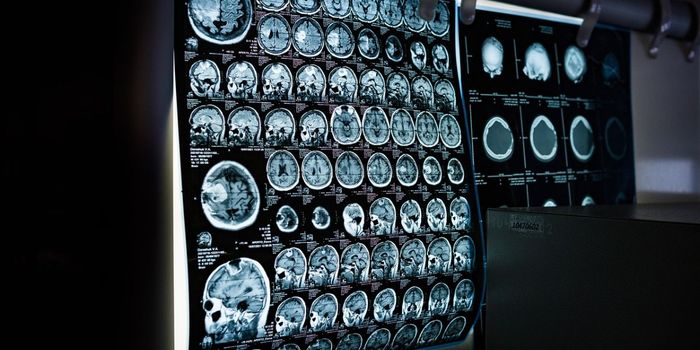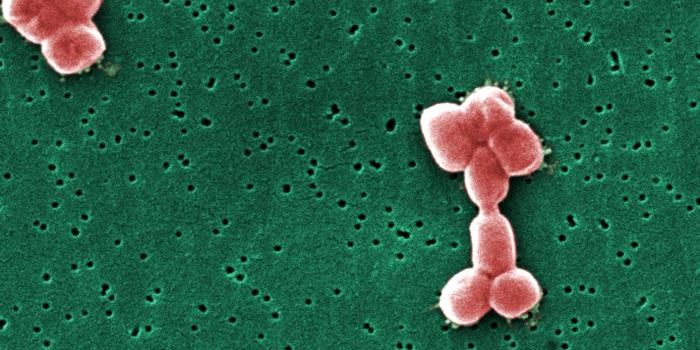Iron-binding Drug Shows Promise for Ovarian Cancer

Iron is crucial for many cellular processes. Actively multiplying cancer cells- and especially ovarian cancer cells- often need larger amounts of the element than normal cells. The researchers behind the current study thus thought to try a new approach to treating cancer- via deferiprone, an FDA-approved iron-chelating drug used to treat other conditions with abnormal iron accumulation. Iron-chelating drugs bind tightly to iron, thus preventing cells from using it.
For the study, researchers first analyzed a collection of human samples and genomic datasets from ovarian cancer patients. In doing so, they confirmed that ovarian cancer cells have an increased expression of iron-related genes and that this correlates with poor patient prognosis. The researchers further found that fluid around ovarian tumors contains a high quantity of iron that is readily available to cancer cells.
The researchers next turned to mouse models of the disease. As ovarian cancer progressed, more iron was accumulated in tumors, and cancer cells selectively over-expressed iron-related gene signatures. They treated mice with deferiprone and the current standard of care for ovarian cancer chemotherapy, cisplatin. Deferiprone was able to chelate iron in ovarian cancer cells, and was more effective than cisplatin.
They additionally found that combining cisplatin and deferiprone led to a synergistic effect compared to the monotherapies and significantly extended survival in mice with metastatic ovarian cancer. Investigating the underlying mechanisms, they found that deferiprone triggers a cellular stress response in cancer cells by starving them of iron, which in turn prompts the immune system to attack them. Meanwhile, cisplatin affects cancer cell DNA replication. The researchers are now designing human trials for the approach.
Sources: Science Daily, Cancer Discovery








